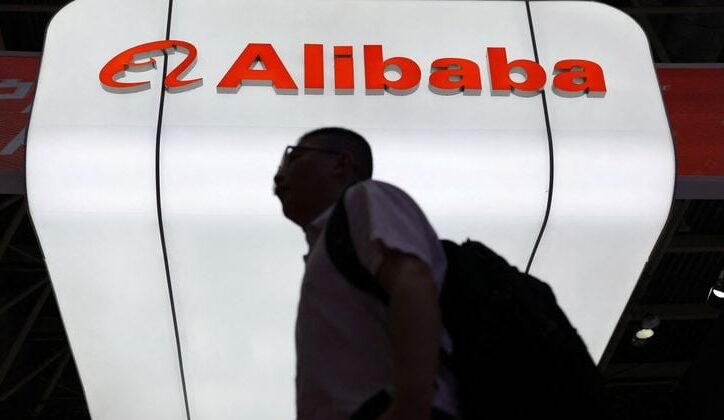Alphabet, Google’s parent company, has announced a £5 billion ($6.8 billion) investment in artificial intelligence projects in the UK. The funding will be spent over the next two years on infrastructure and scientific research. It marks the first of several major US investments expected to be revealed before President Donald Trump’s official visit to Britain.
Ruth Porat, Google’s President and Chief Investment Officer, told BBC News in an exclusive interview that there are “deep opportunities” for cutting-edge science in the UK.
On Tuesday, Google will officially open a $1 billion (£735 million) data centre in Waltham Cross, Hertfordshire, alongside UK Chancellor Rachel Reeves. The investment will expand the site and provide new funding for London-based DeepMind, led by Nobel Prize winner Sir Demis Hassabis, which is using AI to revolutionise scientific research.
Porat highlighted a “special technology relationship” between the US and UK. She acknowledged risks but stressed the potential for economic growth, improved public services, and scientific advances. She welcomed the UK government’s AI Opportunities Action Plan but said more work is needed to ensure the benefits of AI are shared.
Reeves called the investment “a powerful vote of confidence in the UK economy” and a sign of “our strong partnership with the United States.”
Washington has pushed Britain to scale back its digital services tax on companies such as Google during this year’s negotiations, though no announcements on the issue are expected this week. More US investments worth billions are expected in the UK within the next 24 hours. Analysts say the British pound has risen partly due to expectations of these inflows and interest rate changes.
Alphabet this week became the fourth company to surpass a $3 trillion market value, joining Nvidia, Microsoft, and Apple. Google’s stock has climbed since a US court declined to order the company’s breakup last month.
Porat credited CEO Sundar Pichai with turning Google into an “AI-first” business, a shift she said underpins the company’s current success. Despite being overtaken by startups like OpenAI in recent years, Google pioneered much of the early research behind large language models.
There is growing global concern about the energy use and environmental impact of data centres. Porat said the new Waltham Cross facility will use air instead of water for cooling, and its excess heat will be redirected to warm nearby schools and homes. Google has also signed a deal with Shell to provide “95 percent carbon-free energy” for its UK operations.
In the US, the Trump administration has suggested AI data centres may need to return to more carbon-heavy energy sources to meet demand. Porat reaffirmed Google’s commitment to renewable but admitted “the wind doesn’t always blow and the sun doesn’t shine every hour of the day.” She said energy efficiency is being built into all aspects of AI, from microchips to models to data centres, and called for modernising the grid to manage fluctuating capacity.
Asked about fears that AI could worsen graduate job prospects, Porat said Google spends “a lot of time” focusing on the employment challenge. She warned it would be naïve to assume AI has no downsides but said new industries are emerging and opening doors. In sectors like nursing and radiology, she added, AI is helping people rather than replacing them.
“We all need to start using AI to understand how it can support what we do,” she said, “rather than standing on the sidelines and fearing it.”






